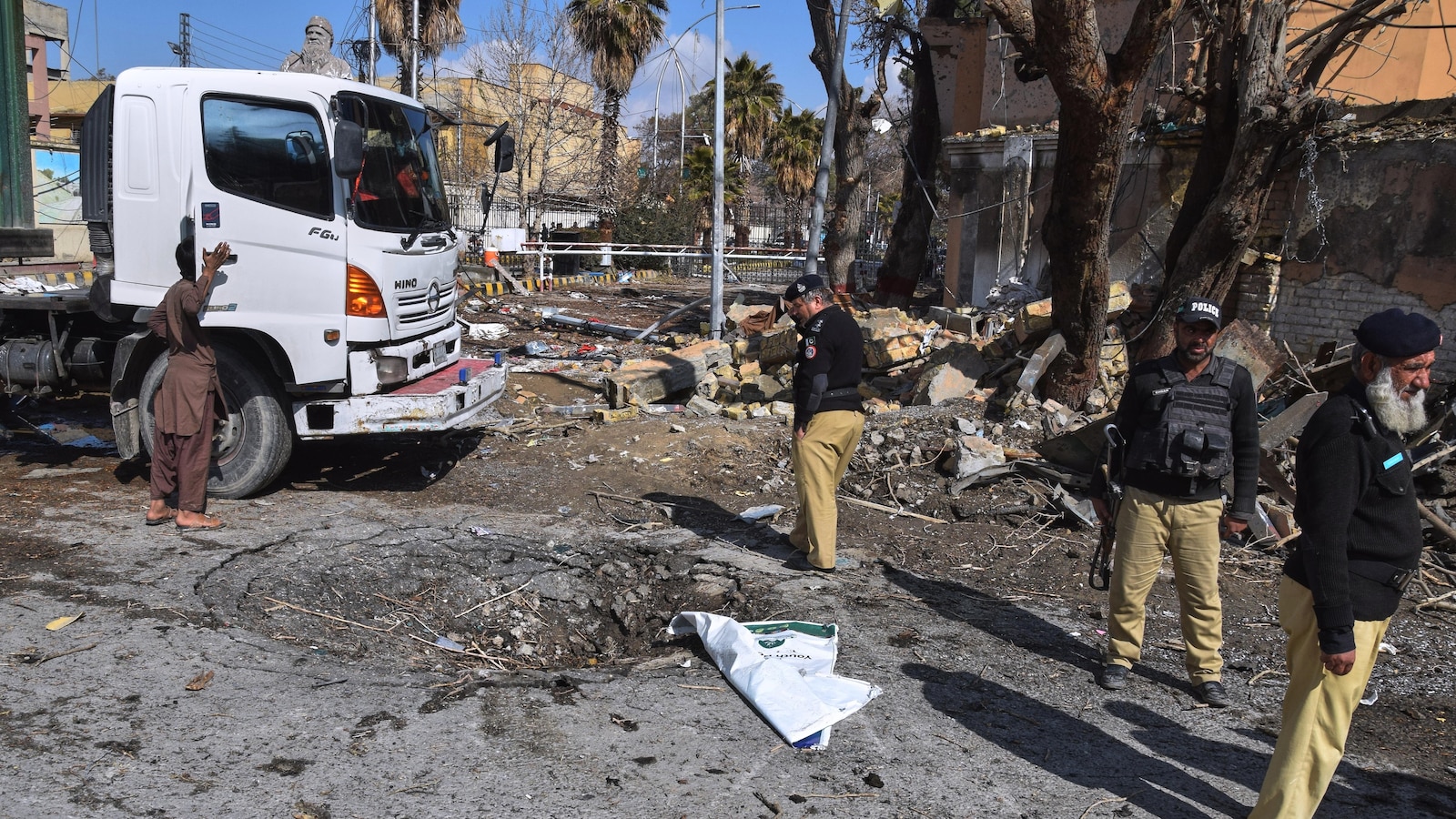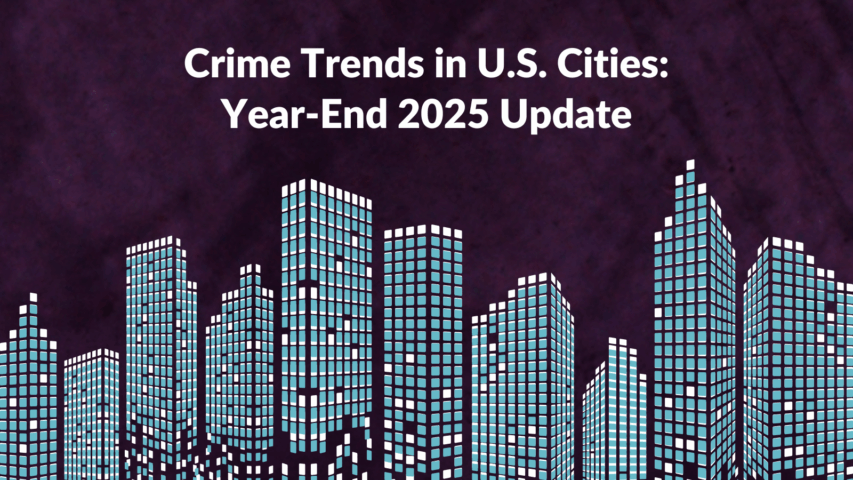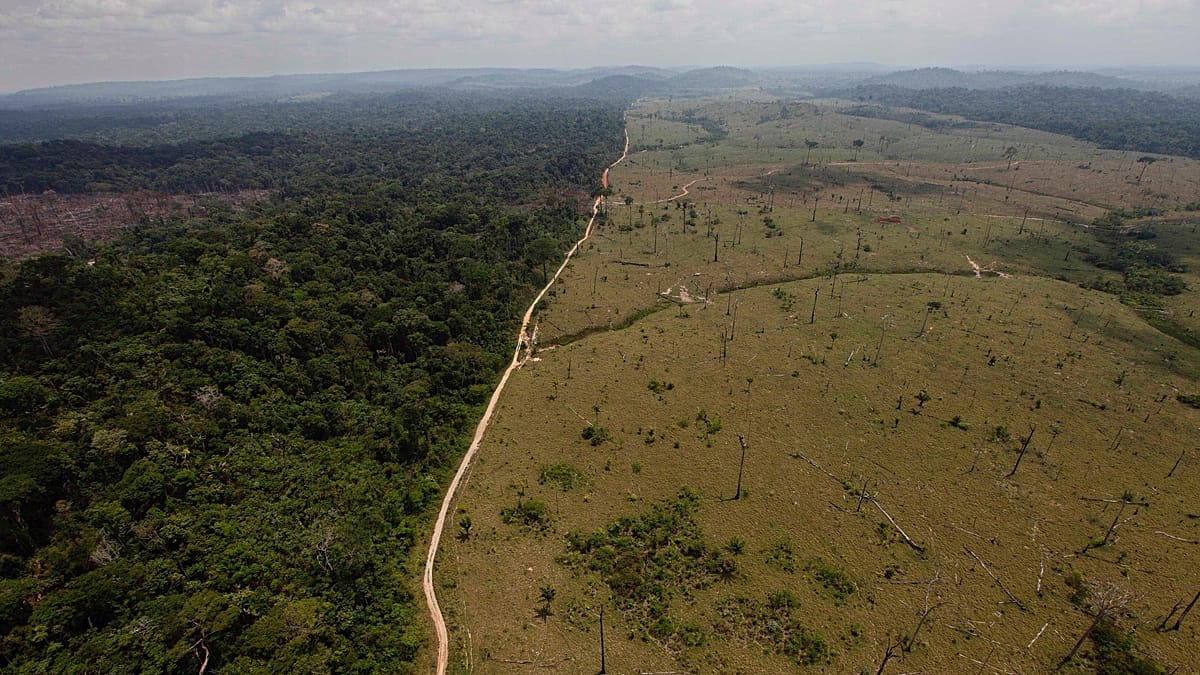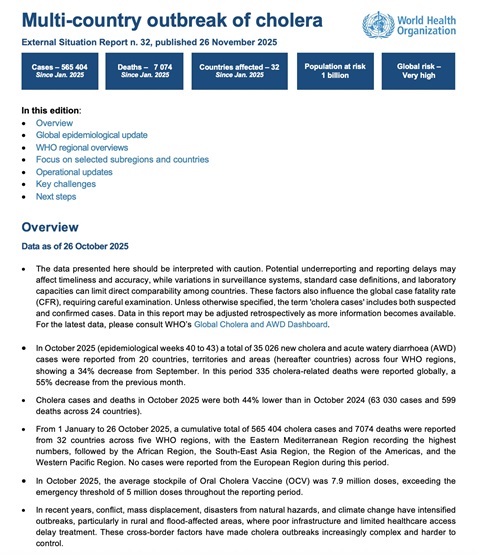Protests in Armenia’s second-biggest city as mayor detained for bribery – Reuters
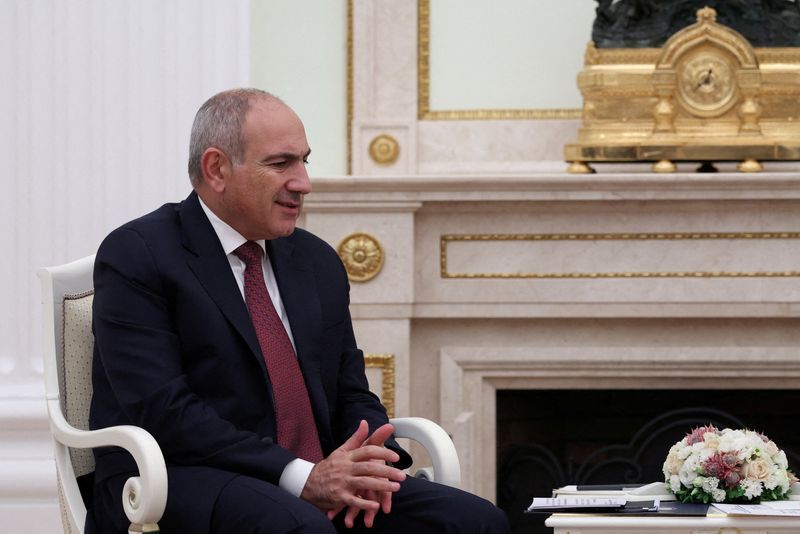
Report on Political Tensions and Institutional Integrity in Armenia in Relation to Sustainable Development Goals
Summary of Events
On Monday, authorities in Armenia arrested Vardan Ghukasyan, the mayor of the nation’s second-largest city, Gyumri, on charges of bribery. The arrest, which took place amidst public protests, is part of a broader series of actions against government critics and opposition figures ahead of a parliamentary election scheduled for next June. The mayor is an ally of pro-Russian opposition leader and former President Robert Kocharyan. The current government, led by Prime Minister Nikol Pashinyan, has been pursuing a closer relationship with the West.
Implications for SDG 16: Peace, Justice and Strong Institutions
The events in Gyumri directly relate to the core targets of SDG 16, which aims to build peaceful, just, and inclusive societies with effective, accountable institutions at all levels.
- Target 16.5 (Substantially reduce corruption and bribery): The anti-corruption committee’s investigation into Mayor Ghukasyan and seven others for allegedly demanding a $10,000 bribe in connection with a building project represents a direct effort to combat corruption. Such actions are fundamental to achieving transparency and reducing illicit financial flows.
- Target 16.6 (Develop effective, accountable and transparent institutions): The situation highlights the challenge of ensuring institutional accountability. While the government’s crackdown can be framed as an effort to enforce the rule of law, allegations from the opposition that the charges are politically motivated raise concerns about the transparency and impartiality of state institutions.
- Target 16.3 (Promote the rule of law and ensure equal access to justice): The arrest and the subsequent detention of at least 23 protesters bring the application of the rule of law into sharp focus. Ensuring that legal processes are applied impartially, without political influence, is critical for maintaining public trust and providing equal access to justice for all citizens.
- Target 16.7 (Ensure responsive, inclusive, and representative decision-making): Prime Minister Pashinyan’s public questioning of the Gyumri election results, citing allegations of election bribes, touches upon the integrity of democratic processes. Corruption in elections undermines the foundation of representative government and the goal of inclusive decision-making.
Linkages to SDG 11: Sustainable Cities and Communities
Corruption at the municipal level poses a significant threat to the development of sustainable urban environments as outlined in SDG 11.
- Urban Governance: The alleged bribery was linked to an “unauthorised building project.” This demonstrates how corruption can compromise urban planning, potentially leading to unsafe construction and inequitable development, thereby undermining efforts to create inclusive and resilient cities.
- Social Cohesion: The scuffles between protesters and special forces outside the mayor’s office indicate a fracture in social cohesion. Public trust in local government is essential for the collaborative implementation of sustainable development initiatives within communities.
Wider Context and Conclusion
The developments in Gyumri must be viewed within a broader national and geopolitical context.
- The arrest is part of a wider pattern of legal actions targeting figures associated with the political opposition, including another former president and senior church officials.
- These domestic tensions are unfolding as Armenia recalibrates its foreign policy, distancing itself from its traditional alliance with Russia.
- Ultimately, the situation serves as a critical case study of the challenges in advancing SDG 16. It underscores the delicate balance between prosecuting corruption and ensuring that judicial and law enforcement institutions remain independent, impartial, and free from political instrumentalization, particularly in the lead-up to a national election.
Analysis of SDGs in the Article
1. Which SDGs are addressed or connected to the issues highlighted in the article?
-
SDG 16: Peace, Justice and Strong Institutions
This is the primary SDG addressed in the article. The text revolves around issues of bribery, corruption, law enforcement actions, political tensions, and the functioning of state institutions. The arrest of a mayor on bribery charges, the investigation by an anti-corruption committee, the crackdown on opposition figures, and public protests all fall directly under the purview of promoting peaceful and inclusive societies, providing access to justice, and building effective, accountable institutions.
2. What specific targets under those SDGs can be identified based on the article’s content?
-
Target 16.5: Substantially reduce corruption and bribery in all their forms.
The article directly addresses this target. The mayor of Gyumri was arrested on “bribery charges,” and the anti-corruption committee is investigating him and seven others for demanding a “bribe of roughly $10,000.” Furthermore, the Prime Minister’s statement, “We know that election bribes were distributed there,” explicitly points to bribery as a key issue affecting the political process.
-
Target 16.6: Develop effective, accountable and transparent institutions at all levels.
This target is relevant through the actions described. The existence and operation of Armenia’s “anti-corruption committee” represent an institutional mechanism designed to ensure accountability. However, the context of a “clampdown on opposition figures” and the mayor’s son’s arrest on charges deemed “politically motivated” raises questions about the transparency and impartiality of these institutions.
-
Target 16.3: Promote the rule of law at the national and international levels and ensure equal access to justice for all.
The article highlights the application of the rule of law through the arrest of the mayor and the opening of a “criminal case into mass rioting.” The actions of the police, including detaining “at least 23 people,” are exercises of state law enforcement. The multiple criminal charges against the mayor and the investigation into his alleged crimes are central to this target.
3. Are there any indicators mentioned or implied in the article that can be used to measure progress towards the identified targets?
-
For Target 16.5 (Reduce corruption): The article provides specific data points that can serve as indicators.
- The number of individuals investigated for bribery: The article states the investigation is into the mayor “and seven others.”
- The value of bribes: A specific amount is mentioned, “roughly $10,000.”
- Prevalence of electoral corruption: The Prime Minister’s allegation of “election bribes” being distributed implies a need to measure and track such occurrences.
-
For Target 16.3 (Rule of law): The article contains quantifiable information related to law enforcement actions.
- Number of arrests related to political protests: The report mentions “at least 23 people were detained at the protests.”
- Number of criminal cases opened: The authorities “opened a criminal case into mass rioting and interference in a law enforcement investigation.”
-
For Target 16.6 (Effective institutions): The article implies indicators related to institutional performance.
- The existence of specialized bodies: The mention of the “anti-corruption committee” indicates a formal structure to combat corruption. Its actions, such as opening an investigation, are a measure of its activity.
4. Table of SDGs, Targets, and Indicators
| SDGs | Targets | Indicators |
|---|---|---|
| SDG 16: Peace, Justice and Strong Institutions | 16.5 Substantially reduce corruption and bribery in all their forms. |
|
| SDG 16: Peace, Justice and Strong Institutions | 16.6 Develop effective, accountable and transparent institutions at all levels. |
|
| SDG 16: Peace, Justice and Strong Institutions | 16.3 Promote the rule of law at the national and international levels and ensure equal access to justice for all. |
|
Source: thestar.com.my
What is Your Reaction?
 Like
0
Like
0
 Dislike
0
Dislike
0
 Love
0
Love
0
 Funny
0
Funny
0
 Angry
0
Angry
0
 Sad
0
Sad
0
 Wow
0
Wow
0


















